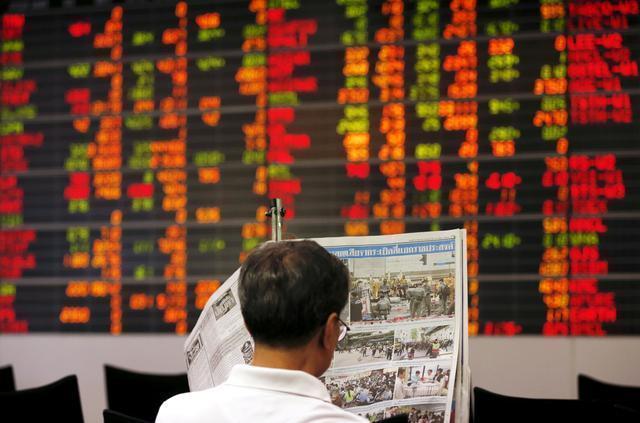The Petroleum Pipeline Corporation (BOTAS) made a statement on last Thursday that it would cut natural gas supplies to some power plants and industrial facilities by up to 40%. Of course, the supply problem for natural gas lies behind this decision. However, it is clear that the decision is extremely harmful for the industrial sector, which continues to produce and export despite all the troubles experienced in the economy. Moreover, the Turkish Electricity Transmission Corporation (TEIAS) also stated that it would cut electricity supplies to all Organized Industrial Zones (OIZs) in Turkey. As the electricity will fully be cut on Monday, Tuesday, and Wednesday at OIZs, the industrial production will halt at least for three days in the country. Some sectors like food sector are in contact with the ministry to get exemption as 72-hour power cut will damage the cold thus the supply chain. As export-led growth is allegedly supported by the government, cutting two of the biggest inputs of production, natural gas and electricity, will hurt exports the most.
Regarding the economic data of the week, the Central Bank will announce the first inflation report of the year this Thursday. The inflation report is a text prepared four times a year to inform the public about the success of the inflation targeting program used by the Central Bank for 20 years, and to announce the steps that the Bank has taken and will take. We will see what the Bank, which caused the excessive depreciation of TRY and the jump in inflation with its new economic policy, will say in the inflation report.
We have been observing especially for the last few years that consumer confidence has remained weak and hit new lows. However, there is a reverse in course on the production side. Although partial decreases were experienced in the November-December period, the expectations of the industry, service, retail and construction sector players for the future of their own sectors are positive. The continuing growth in domestic demand and exports in industry fuel these expectations. However, it is noteworthy that the expectations in the service, retail and trade sectors are still strong while consumers are extremely pessimistic about their own situation and the country’s economy. We will learn the latest data from the CBRT and the Turkish Statistical Institute (TurkStat) on Tuesday morning.
DAILY AGENDA
The Financial Services Confidence Index dropped by 0.2 points to 171.7 in January, as compared to December 2021, according to the Central Bank.
President Recep Tayyip Erdogan will chair the Central Executive Committee meeting to be held at AK Party headquarter (2.00 pm).
The Ministry of Treasury and Finance will reissue 2-year (602 days) maturity semiannually fixed coupon bond and 6-year (2,177 days) semiannually CPI-indexed government bond.
IN OUR MAGAZINE THIS WEEK
>> On the cover: Luc Frieden, President of the Association of European Chambers of Commerce and Industry (Eurochambres) is on our cover this week. While the Custom’s Union and Turkey’s proximity to Europe create an advantage for the country, that’s not enough for investors, according to the Eurochambres President. “There needs to be rule of law, good governance, a functioning, and independent court system and secure property rights. The better Turkey addresses these key investment requirements, the more it will attract business,” Frieden said in an exclusive interview with daily DUNYA. You can read the details on pages 8-9.
>> Professor Ilter Turan: The dangers of Ukraine. P. 10.
>> Q&A: Cemil Cicek, Chairman of the Board of Directors of TOBBUYUM, Former Speaker of Parliament, Former Minister of Justice, Former Deputy Prime Minister. P. 11.
>> Our Chief Economist Gunduz Findikcioglu examines ‘whether China catches up with the West’ on pages 12-13.
>> Our Foreign Policy columnist Zeynep Gurcanli looks into the recent ‘interesting developments’ in Idlib on page 14.










